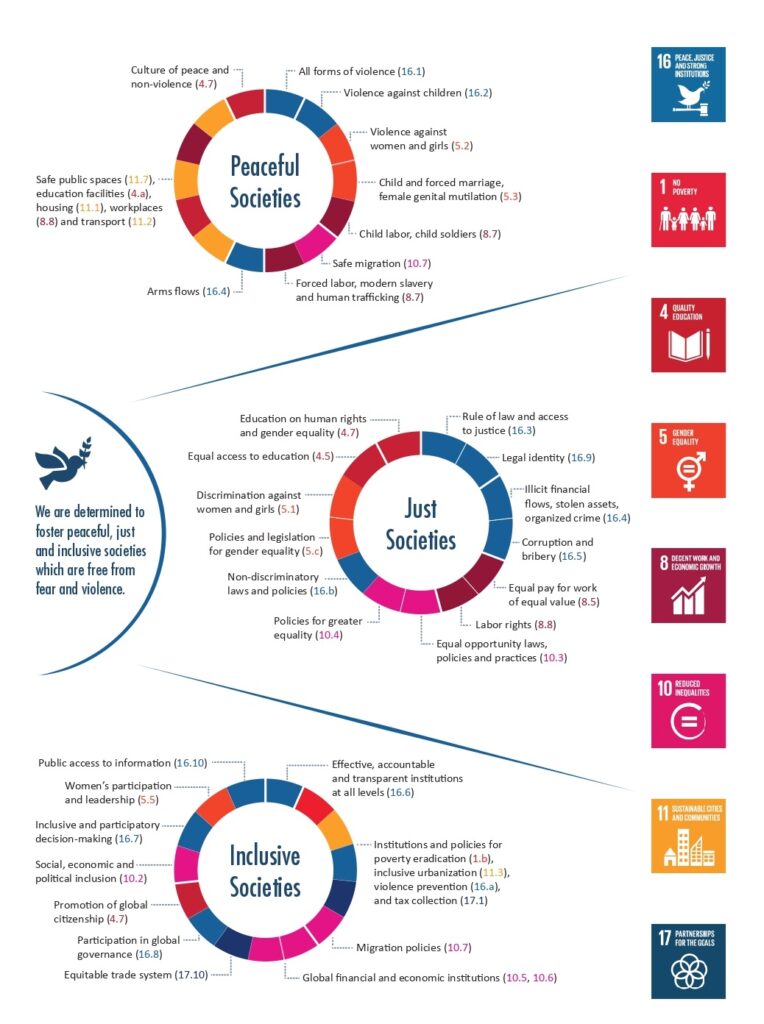- About Course
- Modules
- Introduction
- Background
- Module 1 – Integrating VNR Findings into Government Architecture
- Module 2 – The Role of Parliament and Parliamentary Committees
- Module 3 – The Role of Supreme Audit Institutions and other Oversight Bodies
- Module 4 – Localizing VNR Findings through Subnational and Local Governments
- Module 5 – Civil Society Engagement, ‘Leaving No One Behind’, and Ownership at all Levels
- Module 6 – Towards Meaningful Private Sector Engagement
- Module 7 – Engaging Academia, Research Institutions, the Media and Journalists
- Module 8 – Public Awareness Campaigns, Presenting the VNR to the Public, and Strengthening Government Accountability and Transparency
- Module 9 – The Role of National Human Rights Institutions and Advancing SDG 16 Produced by Saionara König-Reis, Danish Institute for Human Rights
- Module 10 – Data and Statistics through Official and Unofficial Sources
- Module 11 – The Role of Development Agencies, International Financial Institutions, and International Organizations in Supporting SDG 16 and the VNRs
- Module 12 – Aligning VNRs with other Reporting and Review Mechanisms
- Module 13 – VNR Design for Post-VNR Implementation and Subsequent Reporting Produced by Joern Geisselmann, Partners for Review
- Case Studies
- Key Resources
- Contact
- My Account
